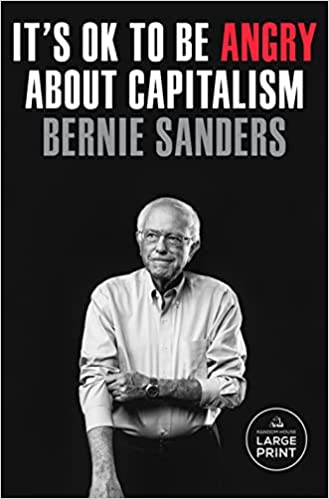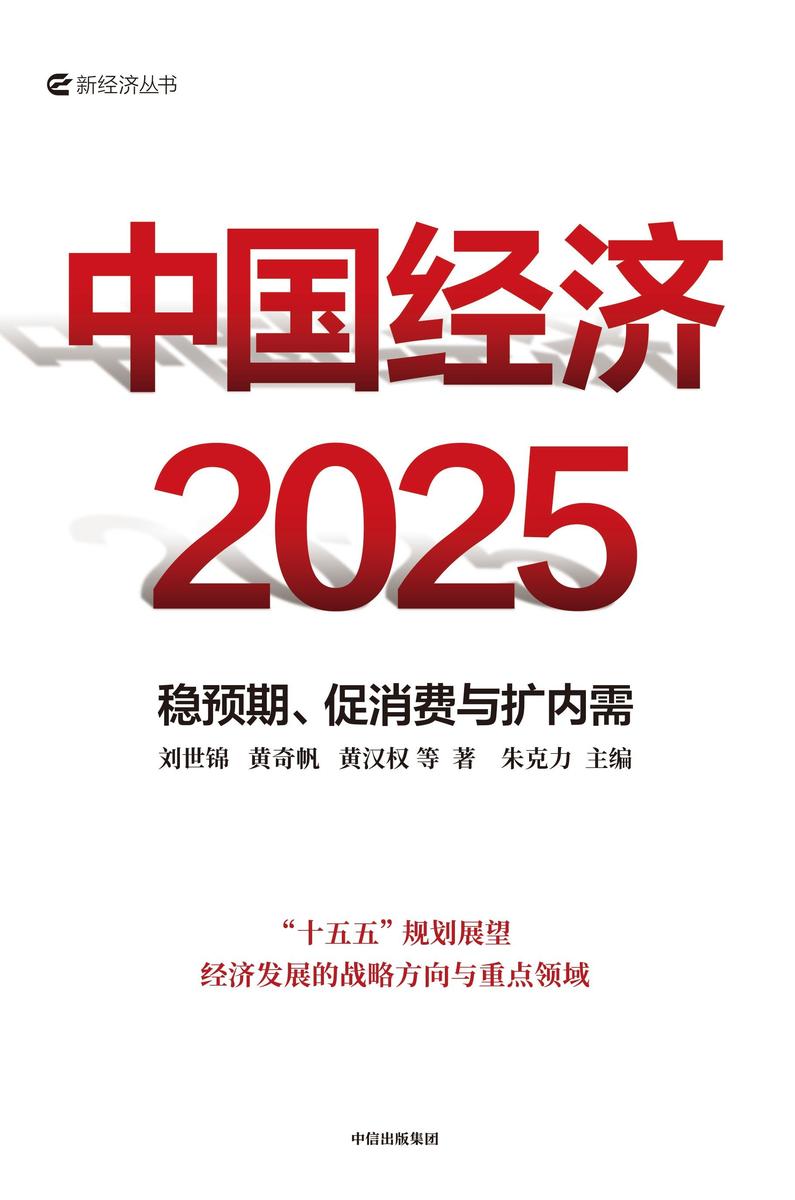|
 |
кё°мҲ л°ңм „м—җ л”°лҘё м „лЎҖ м—ҶлҠ” л…ёлҸҷ мӢң |
|
| мөңк·ј мҲҳл…„ лҸҷм•Ҳ, м„ м§„ мӮ°м—… көӯк°Җмқҳ л…ёлҸҷмһҗл“Өмқҙ л…ёлҸҷ мӢңмһҘм—җм„ң м „лЎҖ м—ҶлҠ” мҲҳмӨҖмқҳ 붕кҙҙмҷҖ л¶Ҳм•Ҳм •м„ұмқ„ кІҪн—ҳн•ҳкі мһҲлӢӨлҠ” мқҙм•јкё°к°Җ нҡҢмһҗлҗҳкі мһҲлӢӨ. кё°мҲ лЎң мқён•ң мһҗлҸҷнҷ”, мқёкіөм§ҖлҠҘ, лЎңлҙҮ л“ұмқҙ мҲҳл§ҺмқҖ мӮ¬лһҢл“Өмқҳ мқјмһҗлҰ¬лҘј ләҸмқ„ кІғмқҙлқјлҠ” мқҳлҜёлӢӨ. к·ёлҹ°лҚ° мқҙкІғмқҙ м •л§җ мӮ¬мӢӨмқјк№Ң? нҳ„мһ¬ м–ҙл–Ө мқјмқҙ мқјм–ҙлӮҳкі мһҲлҠ”к°Җ? |
|
|
 |
2021л…„, к·ёлҰ¬кі мқҙнӣ„мқҳ 비н–ү мҠ№м°Ё |
|
| м§ҖмғҒ лҸ„лЎңк°Җ м•„лӢҢ лҸ„мӢ¬ лӮҙ н•ҳлҠҳмқ„ мқҙмҡ©н•ҳлҠ” вҖҳлҸ„мӢ¬ м—җм–ҙ лӘЁл№ҢлҰ¬нӢ°вҖҷ мӮ°м—…мқҙ кё°м§Җк°ңлҘј нҺҙкі мһҲлӢӨ. мқҙлҜё 100м—¬ к°ң мқҙмғҒмқҳ н”„лЎңнҶ нғҖмһ… н•ӯкіөкё°к°Җ к°ңл°ң мӨ‘мқҙкі , мқјл¶ҖлҠ” мӢңлІ” 비н–үмқ„ л§ҲміӨлӢӨ. көҗнҶө нҳҒлӘ…мқ„ мқјмңјнӮЁ мқҙ мӮ°м—…мқҖ нҳ„мһ¬ м–ҙл””к№Ңм§Җ мҷ”кі , м•һмңјлЎң м–ҙл””лҘј н–Ҙн•ҳкі мһҲмқ„к№Ң? |
|
|
 |
AIк°Җ м—¬лҠ” мӢ мҶҢмһ¬мқҳ лҜёлһҳ, GNoM |
|
| мқёлҘҳлҠ” мғҲлЎңмҡҙ л¬јм§Ҳмқ„ м°ҫм•„лӮҙлҠ” кіјм •м—җм„ң лҠҳ н•ңкі„лҘј л§ҲмЈјн•ҙмҷ”лӢӨ. к·ёлҹ¬лӮҳ мқёкіөм§ҖлҠҘмқҙ к·ё л¬ҙн•ңн•ң к°ҖлҠҘм„ұмқҳ мҲІмқ„ 비추лҠ” л“ұл¶Ҳмқҙ лҗҳкі мһҲлӢӨ. GNoME н”„лЎңм қнҠёлҠ” вҖҳмһ¬лЈҢ л°ңкІ¬мқҳ лҜёлһҳвҖҷк°Җ мқҙлҜё мӢңмһ‘лҗҳм—ҲмқҢмқ„ ліҙм—¬мӨҖлӢӨ. |
|
|
 |
It"s OK to Be A |
|
| АъАЪ | Senator Bernie Sanders |
| ГвЖЗ»з | Random House |
|
 |
мӨ‘көӯкІҪм ң 2025лҘј нҶөн•ҙ мқҪлҠ” н•ңкөӯмқҳ |
|
| АъАЪ | Liu Shijin мҷё, Zhu Keli нҺём§‘ |
| ГвЖЗ»з | CITICм¶ңнҢҗк·ёлЈ№ мЈјмӢқнҡҢмӮ¬ |
|






 [112]ұЗ
[112]ұЗ 




